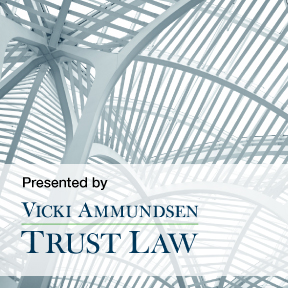 Note: this webinar is the first of a two part series. You can save 10% by purchasing both webinars together.
Note: this webinar is the first of a two part series. You can save 10% by purchasing both webinars together.
To browse this option click here
Gain a comprehensive understanding of the basic rules and thresholds with illustrative case studies. Don't miss this essential overview!
RCS applications have three components.
The income assessment determines how much the applicant must pay towards the cost of long-term residential care. In Broadbent v MSD the Court Appeal confirmed that notional income cannot be considered as part of the income assessment. MSD’s response to Broadbent is two-fold.
In this case, a trustee of the Family Trust is empowered to make distributions of trust income to Mrs Broadbent. It does not matter that Mrs Broadbent is merely a discretionary beneficiary. She has a right to request payment from the Family Trust. In a closely held family trust with a history of payment to her, trust income must be assumed to be available unless there are particular circumstances that demonstrate it is not.
This popular webinar, which is relevant to all practitioners who advise clients regarding Residential Care Subsidy (RCS) applications or expectations, will be presented in two parts.
Part 1 will cover:
This webinar will provide a clear overview of the relevant rules and thresholds supported by explanatory case studies.
Part 2 will cover:
This webinar will also consider how to communicate complex trust structures to MSD and how to advise clients who are wanting guidance on whether to retain the trust.
This webinar will enable practitioners to competently advise clients regarding long term asset and estate planning and in many circumstances avoid costly structures that may ultimately be ineffectual for Residential Care Subsidy purposes.
All practitioners involved in long term asset and estate planning and advisors with elderly clients.
Vicki Ammundsen, Director, Vicki Ammundsen Trust Law Limited
Vicki is a director at Vicki Ammundsen Trust Law. Vicki's approach to trust law is practical but also grounded in a good understanding of trust law principles, related legislation and case law. As the author of a number of texts including Taxation of Trusts, the Trustee's Handbook and Trustee Liability, Vicki is well placed to provide advice on all areas of trust law.
1.5 CPD Hours